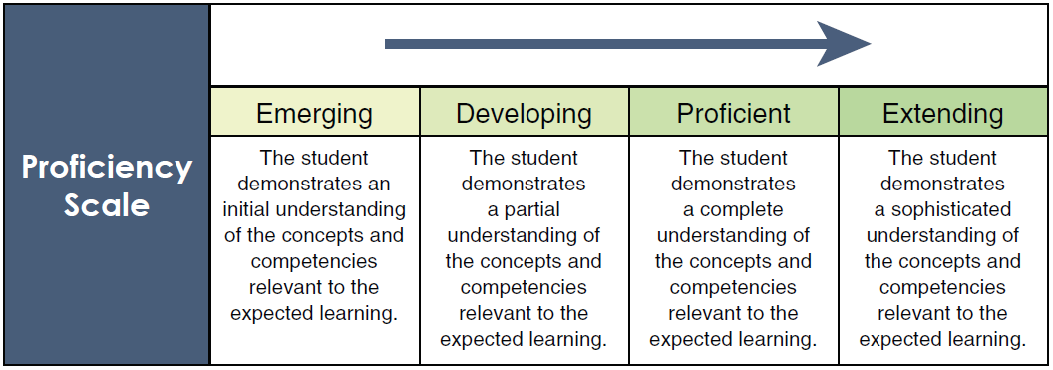Science 8
Science 8 Course Overview
Big Ideas
Life processes are performed at the cellular level. | The behaviour of matter can be explained by the kinetic molecular theory and atomic theory. | Energy can be transferred as both a particle and a wave. | The theory of plate tectonics is the unifying theory that explains Earth’s geological processes. |
From: https://curriculum.gov.bc.ca/curriculum/science/8/core
Introduction
This course introduces students to the exciting world of cells and microbes, the sensational processes that shape our planet, the wonders of how matter behaves, and the amazing properties of electromagnetic radiation and light. Interspersed in the lessons are various assignments and quizzes that they must complete for each module. All the course assignments have similar to the Start Up assignment format. Students must download an assignment file as a Microsoft Word Document. Open the file using Microsoft Word and type answers, or if a question asks, insert a picture into yellow boxes. When complete save it as a .doc or .docx file and upload it to the appropriate assignment submission folder.
Where does this course fit?
- Prerequisite: Completion of Science 7
- Follow-up Course: Science 9
Course Materials
- The lessons will be delivered through a resource called “Study Forge”. Through Study Forge, students will have access to fill-in-the-blank notes, videos and interactive activities to help them learn the material.
Brief Outline
Unit | Description |
Biology | Biology is the study of living things. It embraces a range of topics, moving from the microscopic level (the study of cellular processes and how these relate to tissues, organ systems in organisms, and reproduction) to the macroscopic level (the study of ecological complexity and the diversity, continuity, interactions, and balance among organisms and their environments). |
Earth Science | Earth Science is the study of how Earth formed and how it changes. It is a complement to the study of topics in other areas of science and gives students an opportunity to examine some of the macroscopic (large scale) applications of scientific principles and technologies. |
Chemistry | Chemistry is the study of matter. Students will get an introduction to the basics what matter is made of and how different types of chemicals interact (via a focus on atoms, elements and chemical reactions). |
Physics | Physics is the general study on how the world works. This unit will cover a series of topics that give students a foundation for understanding Physics (energy, waves and optics). |
Assessment Percentage Breakdown
Assessment Type | Percentage of the Course |
StartUp Assignment | 5% |
Assignments | 46% |
Online Quizzes | 9% |
Midterm exam (Biology and Earth Science) | 20% |
Final exam (Chemistry and Physics) | 20% |
The final assessment will be represented on this Proficiency Scale.

You have up to a year to complete your course.

